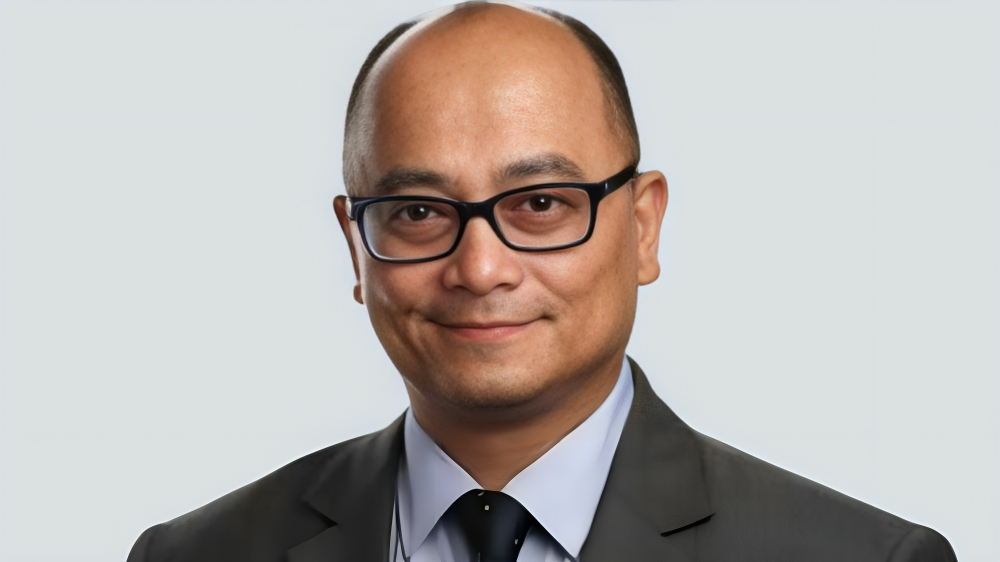Michael Camit, Manager, Health Literacy, South Western Sydney Local Health District at South Western Sydney Local Health District, shared a post on LinkedIn:
“A big thank you to the team at Cancer Institute NSW for a phenomenal NSW Cancer Summit 2025! Under the leadership of the brilliant Professor Professor Tracey O’Brien, AM’, this event was an incredible platform for challenging our thinking and reigniting our passion for equitable cancer care.
Here are some of my initial key takeaways and the big questions they’ve raised for me:
Key Insights That Hit Home:
‘Professor Professor Jeff Dunn AO powerful reminder: “If you cannot measure it, you cannot manage it.” This isn’t just a catchy phrase—it’s the core of everything we do. It underscores the critical role of data in ensuring our efforts are genuinely making a difference for undereserviced equity groups.
Professor Bogda Koczwara‘s candid reflection on collecting patient-reported outcomes (PROs) also resonated deeply. She said that while we hope for PROs to be “good, fast, and cheap,” we often can only achieve two of the three. It’s a crucial reality check that “good data” isn’t just about what we collect, but whether it’s timely and actually informs our work.
A standout poster from South Western Sydney Local Health District in one study showed that for bowel cancer, ethnicity wasn’t the main predictor of health outcomes—socioeconomic status was.
My Reflections and the Road Ahead
These points have left me with some urgent questions we need to address as a sector:
How are we truly progressing with collecting and reporting comprehensive ethnicity data for all cancers, including bowelcancer? We can’t provide personalized care if we continue to use broad, collective terms like ‘CALD,’ which often mask the unique needs and experiences of individuals.
We’re doing great work partnering with migrant and refugee communities to increase screening rates. But are we giving them—and ourselves—timely, actionable feedback to validate our efforts and inform future planning? It’s not just about collecting data, but closing the feedback loop.
How can we embed an ‘intersectionality’ lens in our work? The SWSLHD poster is a perfect example of why we must look beyond a single factor like ethnicity. Other “carcinogens,” (as mentioned by Professor Jeff Dunn AO as poverty, can profoundly influence health behaviors and outcomes.
This summit has reinforced my belief that to make a real impact, we must be intentional and data-driven, while never losing sight of the individual stories behind the numbers.
More musings and photos to come!”


